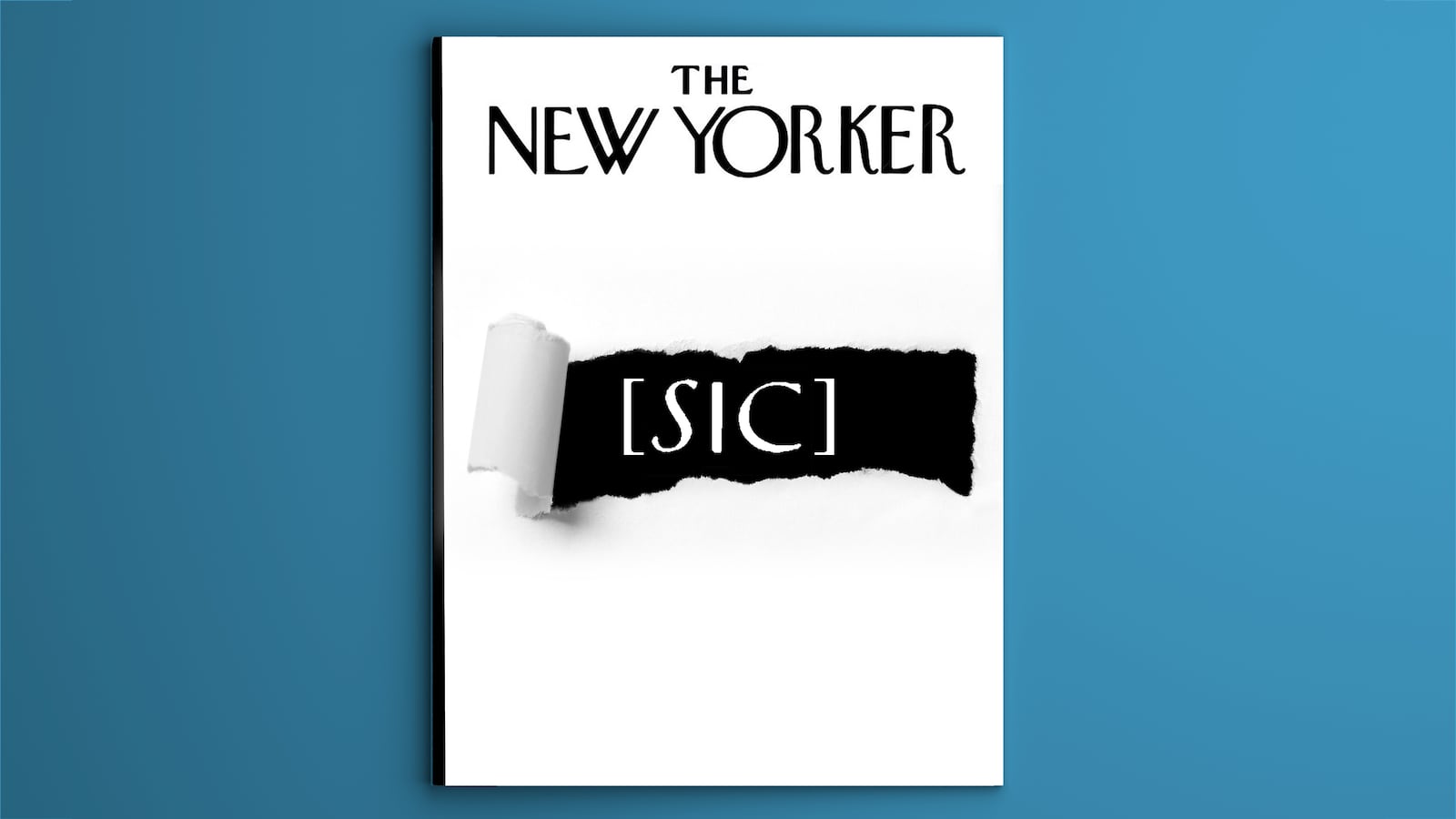This reporting appears as one of several scoops featured in this week’s edition of Confider, the newsletter pulling back the curtain on the media. Subscribe here and send your questions, tips, and complaints here.
The decision to fire Erin Overbey, the New Yorker staffer who last week very publicly flamed the magazine and its top editor David Remnick, was made at the highest echelons of Condé Nast, two people with knowledge of the situation told Confider.
Condé’s chief people officer, Stan Duncan, was involved in the decision to oust her and CEO Roger Lynch was made aware early on.
The New Yorker’s archive editor was fired Friday afternoon on a Zoom call “due to a pattern of conduct that is disruptive to the operation of the company and undermines the journalistic ethics of our magazine,” according to a copy of her termination letter reviewed by Confider.
Overbey’s most recent “disruption” occurred last week when she posted a massive Twitter thread suggesting Remnick deliberately inserted errors into her work while she was under performance review—a charge the publication labeled “absurd.” Her pink slip continued: “These egregious and baseless remarks maligned your colleague and called the journalistic ethics and integrity of The New Yorker into question, a magazine that prides itself on accuracy. This follows previous incidents in which you have made baseless accusations against colleagues, for which you have been counseled.”
Those allegations, which were also posted to Twitter, included everything from pay disparity to diversity issues in the workplace—and were posted after management had spoken with Overbey about alleged problems with her work, the sources told Confider.
Her termination letter further cited “your history of performance issues… your history of inappropriate and unprofessional behavior toward colleagues… your recent violation of the Company’s Global Business Communications Policy, and… your Final Warning for self-plagiarism issued on September 10, 2021.” Overbey was “unnecessarily hostile” and “an opportunist” who popped off on social media whenever she had run-ins with management, four current and former New Yorker staffers alleged to Confider. The staffers further claimed that Overbey’s grievances with The New Yorker began years ago when she grew frustrated with changes to the management structure of the archive and was concerned about losing power over her “fiefdom.”
Like what you’re reading? Subscribe to the Confider newsletter here and have The Daily Beast media team’s stellar reporting sent straight to your inbox every Monday night.
A Condé spokesperson emailed Confider about the firing: “The New Yorker prides itself on professionalism, accuracy, and adherence to the highest journalistic standards. False allegations that malign our journalistic integrity and that attack colleagues are inappropriate and unacceptable in our workplace.”
Overbey called Confider late Monday and put Condé Nast brass on blast, accusing them of deliberately “targeting” her and labeling the accusations against her “absurd.”
“I do feel like this is a concentrated effort to target someone who wouldn’t shut up about certain issues that the magazine wanted them to shut up about,” Overbey told Confider.
The former archive editor, who says she was “shocked” when she was fired on Friday, claimed she’d been in multiple discussions with colleagues about the lack of Black editors on The New Yorker’s masthead. “This is specifically about the lack of diversity and the lack of pay equality at the magazine,” Overbey, who is white, told us.
Overbey further accused Condé Nast of waging a campaign to smear her in the media: “Condé has a policy that explicitly states that no member of staff can speak to any member of the press without first obtaining approval from management and that includes even off the record or on background,” she noted, suggesting the media company directly ordered or approved some of her ex-colleagues to talk about her work to the press.
“We’ve worked hard for years to increase the number of underrepresented voices at The New Yorker, and we’ve made significant progress—among our writers, in senior editorial positions, and across the entire enterprise,” a New Yorker spokesperson emailed Confider. “Nearly 40% of new hires at Condé Nast are from diverse and underrepresented backgrounds. While we don’t believe these tweets present a full or fair view of The New Yorker and its ongoing efforts, there is always more work to do, and we look forward to doing it.”
Subscribe to the Confider newsletter here and have The Daily Beast media team’s stellar reporting sent straight to your inbox every Monday night.








